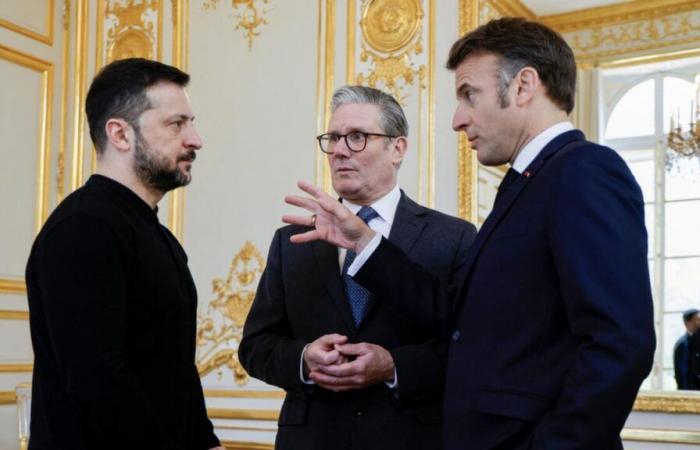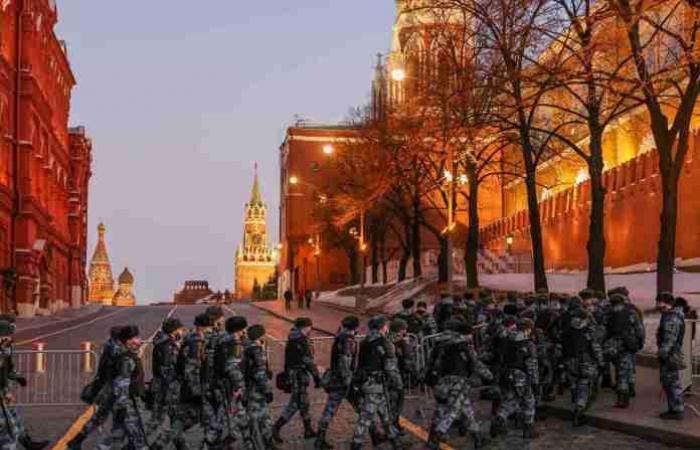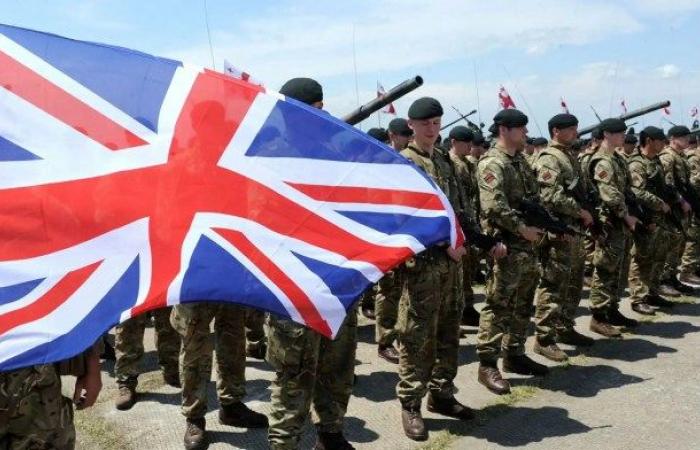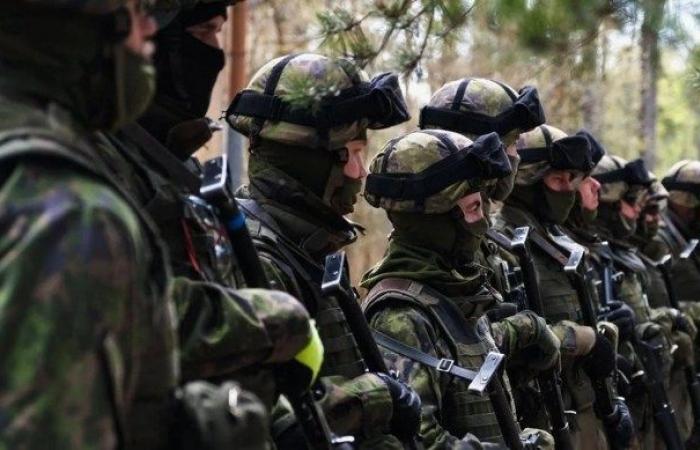The proposal to form a dissuasive multinational force in Ukraine, driven by the United Kingdom and France, faces serious operational limitations.
The plan, conceived within the framework of a possible “Coalition of will”seeks to reinforce Ukrainian security after an eventual peace agreement with Russia, where force would be destined to guard strategic points by land, sea and air, collaborate in military reconstruction and act as a lasting deterrence factor against Moscow.
The objective of 64,000 soldiers, increasingly unattainable
During recent conversations led by the head of the British Staff, Tony Radakin, European allies were consulted about the viability of forming a contingent of 64,000 troops.


Despite this, sources cited by The Times They indicated that many European defense ministers admitted in private that it would not be possible to mobilize even 25,000 troops, attributing the difficulty to the lack of available military personnel and budget restrictions, in addition, an official cited directly described the goal of 64,000 as “unfeasible” without significant military involvement by the United States.
Little political will and rejection of direct deployment
The more than 30 countries would have shown interest in participating in the initiative, only six would have expressed concrete provision to send troops.


Signals of concern also arrived from the Baltic countries, where Estonia and Finland alerted about logistics problems, lack of troops rotation and vulnerability of their own borders, although the Minister of Defense of Lithuania, Dovile Sakaliene, was especially critical: “If we cannot gather even 64,000 troops, it does not seem weakness, it is weakness”.
Strategic review of the British-French deployment
Given the lack of consensus, the original design of the plan is being reformulated. Instead of deploying troops in sensitive areas such as cities, ports or nuclear centrals, the United Kingdom and France now evaluate their presence to military instructors in western Ukraine, far from the battle front.


Despite the efforts of British Prime Minister Keir Starmer for convincing Washington to assume a more decisive role, the response has so far been cautious, but, without the American direct support, Starmer warned, the deterrent power of the coalition could be unsustainable in the long term.
You may be interested: Russia launches more than 100 drones and causes civil victims in Járkov and Dnipró according to Ukrainian authorities









